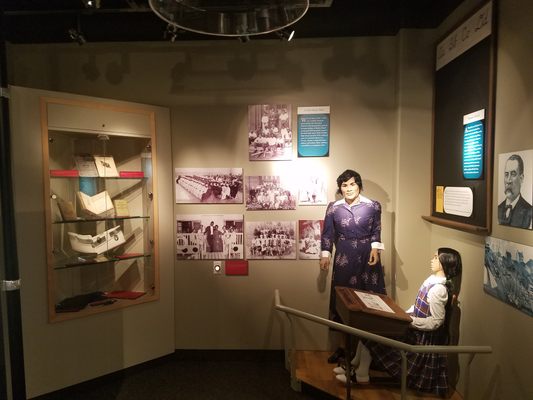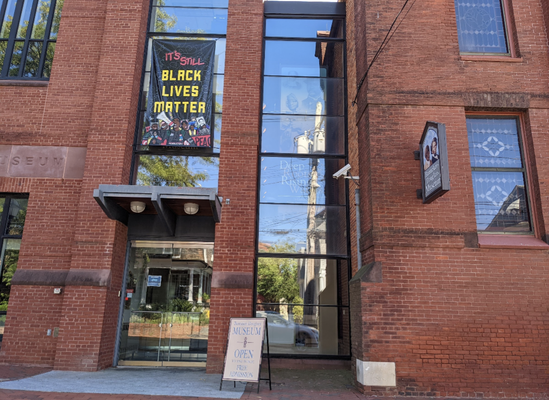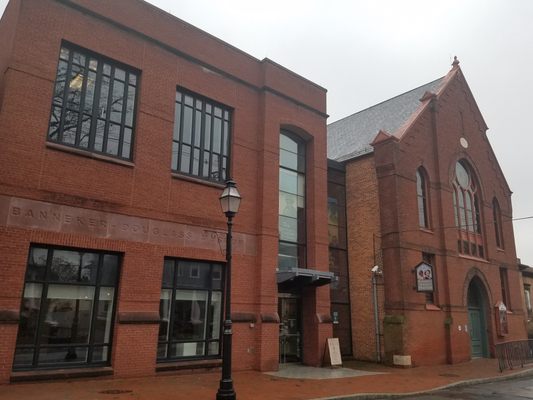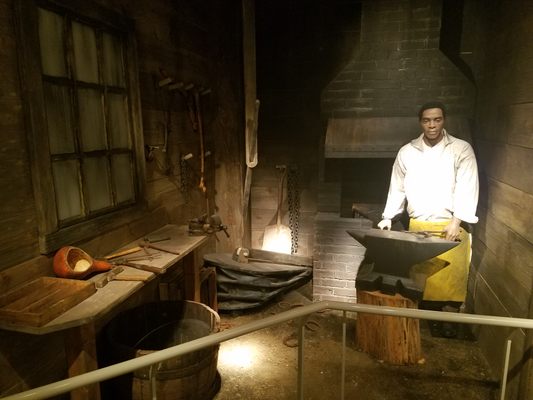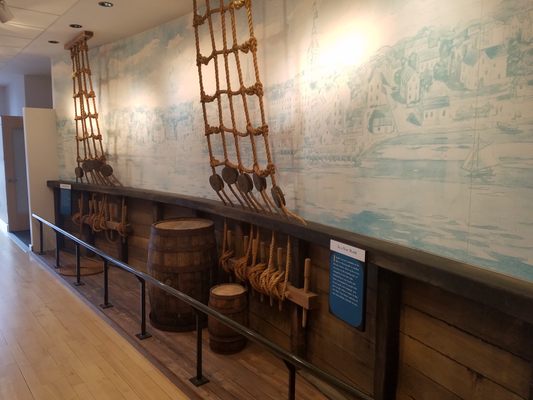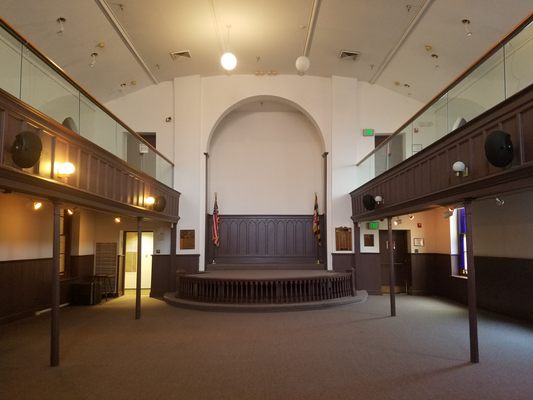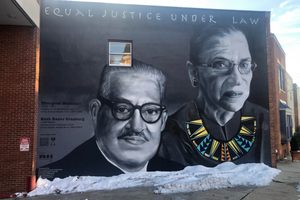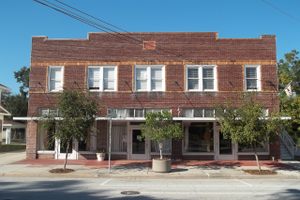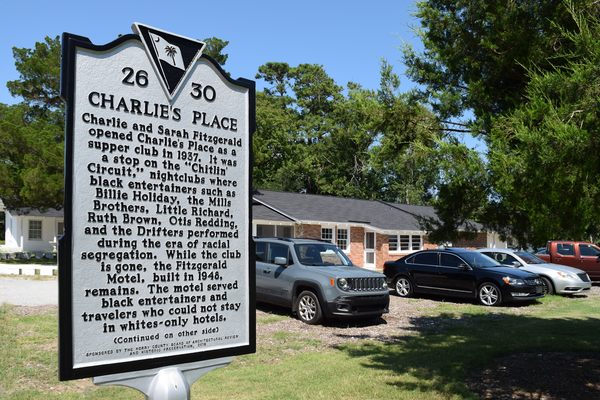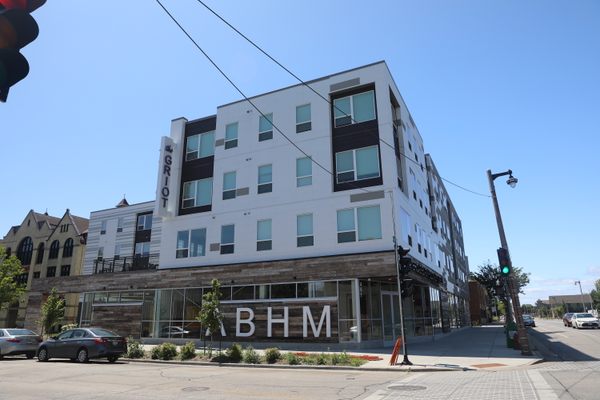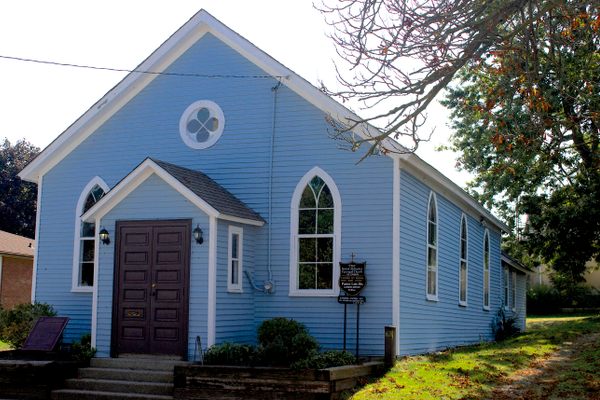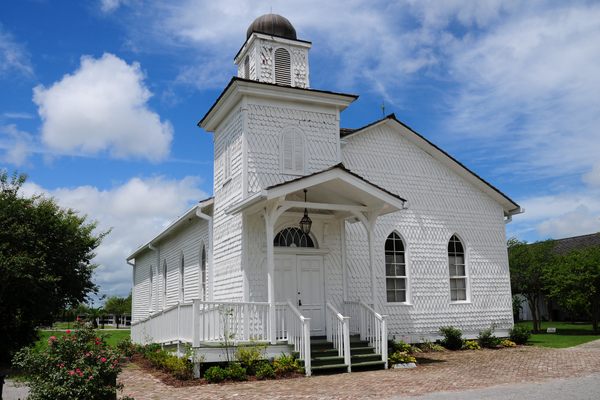About
Housed in the historic Mount Moriah African Methodist Episcopal Church in Annapolis, Maryland, is the Banneker-Douglass Museum. The public museum covers Black history in the United States, particularly in Maryland, from the early days of the colonial transatlantic slave trade, through the Jim Crow era, and to the present day.
The institution was named after Maryland natives Benjamin Banneker, astronomer, naturalist, and surveyor of the original boundaries of Washington, D.C., and Frederick Douglass, an escaped slave who became a famous abolitionist and acclaimed orator.
In addition to a chronology of Black history, the museum's exhibits highlight the lives and contributions of several prominent Black Americans from Maryland, including abolitionist Harriet Tubman, Arctic explorer Matthew Henson, and Supreme Court justice Thurgood Marshall.
The church is a fitting location for this historical exhibit. The Mount Moriah African Methodist Episcopal Church was built in 1875 and housed a congregation that originally formed in the 1790s. Financial problems forced the congregation to sell the property to Anne Arundel County in 1970.
The county wanted to tear down the church and redevelop the property, but the local community protested and a lengthy legal battle ensued. Ultimately, the local community prevailed and the church was placed on the National Register of Historic Places, protecting it from the county's planned demolition. The Banneker-Douglass Museum opened on the property in 1984.
Related Tags
Know Before You Go
The museum is open from Tuesday to Friday from 10 a.m. to 3 p.m. and on Saturdays from 12 p.m. to 4 p.m. Admission is free.
Community Contributors
Added By
Published
February 12, 2019
